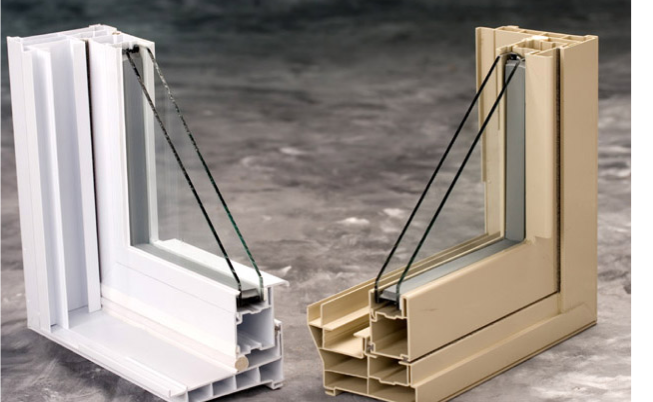Energy-Efficient Windows
Energy Efficient Windows
Are you ready to upgrade your windows? Choose energy-efficient vinyl or fiberglass replacement windows from our team at Zen Windows. We offer a range of frame and glass options to maximize the performance of the windows for your climate, and we make the buying process as easy as possible with fast, free quotes, and a hassle-free sales process.
Energy Efficient Windows
Are you ready to upgrade your windows? Choose energy-efficient vinyl or fiberglass replacement windows from our team at Zen Windows. We offer a range of frame and glass options to maximize the performance of the windows for your climate, and we make the buying process as easy as possible with fast, free quotes, and a hassle-free sales process.
If you’re considering replacing the windows in your home, you likely have many questions. Most of the information you may be researching is about energy-efficient windows. After all, one of the main reasons a homeowner looks into window replacement is to improve their home’s energy efficiency.
Renovations and improving the appearance are other reasons homeowners look into getting new windows, which still result in the desire to make sure the new windows provide the best possible energy efficiency.
When determining the energy efficiency of a window, it’s best to work with professionals from Zen Windows. We will take the time to answer your questions and ensure you have energy-efficient windows with a high-star rating that fit within your budget.
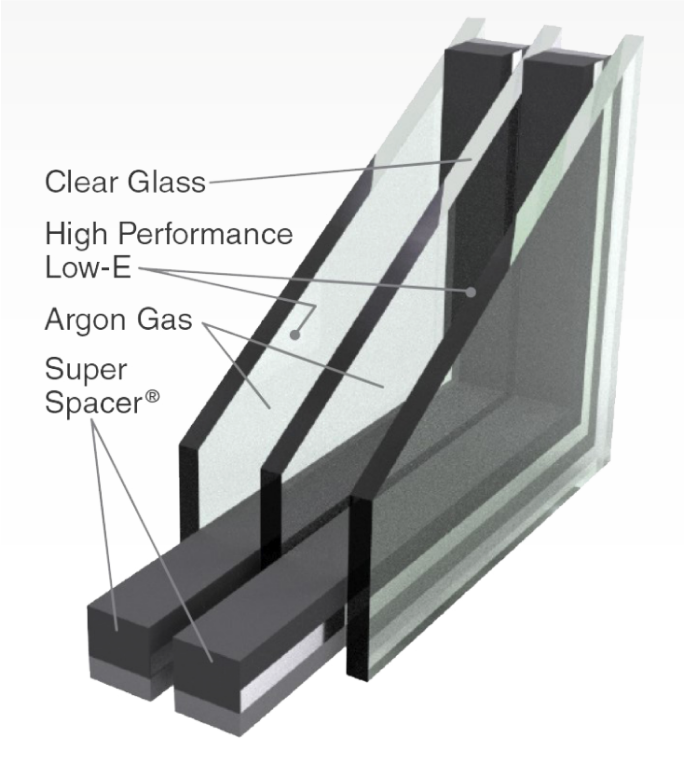
What Makes Windows Energy-Efficient?
New windows will not necessarily insulate your home, but they can make it more energy efficient. Contemporary windows are manufactured with a layer of insulation in the frame and either double or triple panes to prevent the air from escaping. This insulation layer and multiple panes act as a barrier around the window, preventing unwanted heat exchange.
An insulated, energy-efficient window can significantly reduce your energy bills. Additional benefits to having Zen Windows install new, energy-efficient windows in your home are improved lighting, better visibility and clarity, and noise reduction.
Contact Zen Windows for more information about installing energy-efficient windows for your home.
What Makes Windows Energy-Efficient?
New windows will not necessarily insulate your home, but they can make it more energy efficient. Contemporary windows are manufactured with a layer of insulation in the frame and either double or triple panes to prevent the air from escaping. This insulation layer and multiple panes act as a barrier around the window, preventing unwanted heat exchange.
An insulated, energy-efficient window can significantly reduce your energy bills. Additional benefits to having Zen Windows install new, energy-efficient windows in your home are improved lighting, better visibility and clarity, and noise reduction.
Contact Zen Windows for more information about installing energy-efficient windows for your home.
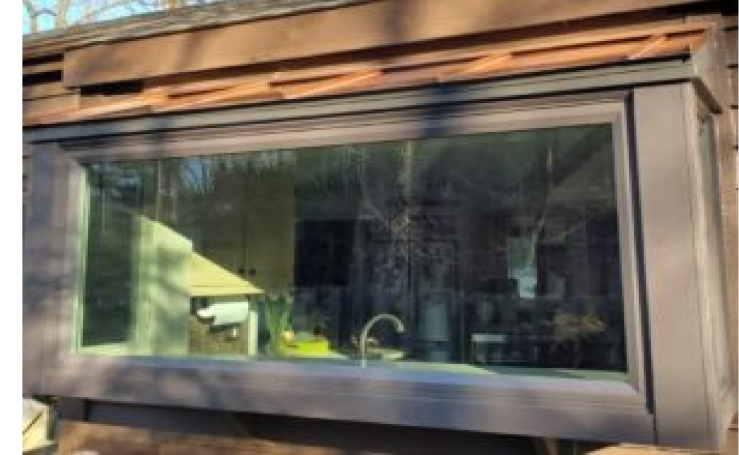
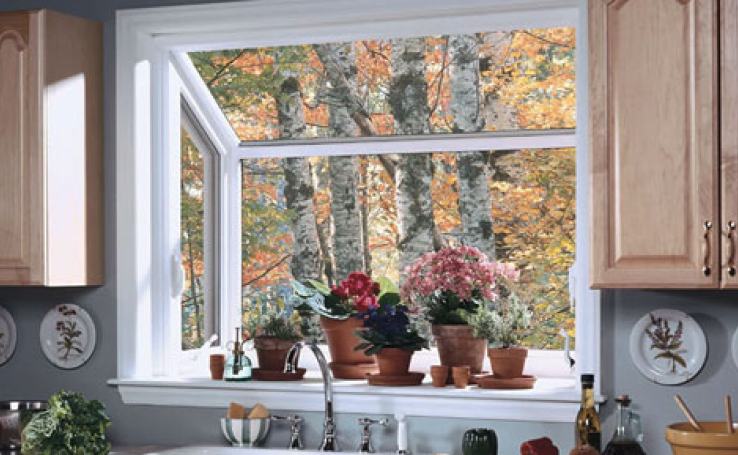
Which windows are the warmest?
Windows with double or triple glass panes are the warmer. Energy-efficient windows come with three glass panes filled with gas (like argon), which lowers heat and cold from escaping more than single or double-pane windows.
Will Energy-Efficient Windows Make My House Warmer?
The places air escapes from a house are the windows and the doors. Windows and doors are the areas of a home where air escapes the most. That heat transfer is problematic for energy costs, whether hot or cold air. Energy-efficient windows effectively contain the respected heated or cooled air, keeping your home at the appropriate temperature no matter the season.
If you are concerned about increasing energy costs and want to save money while improving your home, look to Zen Windows for energy-efficient window replacements. Air transfer reduces significantly with double and triple-pane windows. The addition of argon gas between the window’s glass panes is another insulation level that prevents condensation. Low-E coating also helps to control your home’s temperature by reflecting it inside.
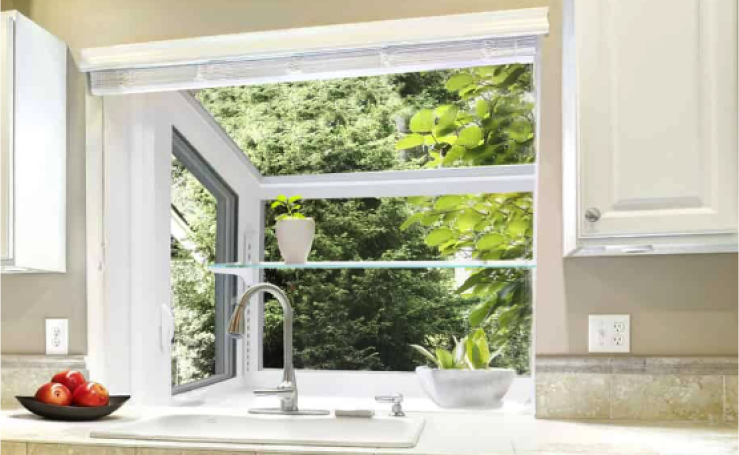
Energy-Efficient FAQ
What Are “IGUs”?
Insulated glass units are two or three window glass panes in one frame, separated by an inert gas, usually argon, krypton, or both. The gases are clear, odorless, and non-toxic. Gas minimizes heat transfer better than air. Spacers are used for distancing the layers and allowing for thermal expansion.
What Is The Most Energy-Efficient: Aluminum, Vinyl, Or Wood Windows?
Aluminum windows are the least energy-efficient. Wood is most energy-efficient but will deteriorate faster over time and require more maintenance. Composite and fiberglass frames are other options that are more durable than wood. Vinyl windows are affordable, durable, and low maintenance. Advantages of vinyl replacement windows are:
- They are architecturally diverse.
- They have a better ROI (return on investment).
- They are easier to maintain.
- They have lower installation costs.
- There are many more styles available.
- They are more affordable.
What Is “Low-E”?
Low-emissivity coatings are usually applied to windows during manufacturing. The invisible layer on windows provides insulation and controls heat transfer. Windows with low-E coatings may cost 10%-15% more, but they reduce your energy loss by 30%-50%. This makes them a good investment.
Which Window Styles Are Most Energy-Efficient?
There’s a lot of disagreement among window professionals about which type of windows are the most energy-efficient. Some say picture windows because there’s only one pane of glass; less opportunity for air leaks. Others say bay and bow or casement windows.
Are U-Values Important?
U-values are used to measure energy efficiency. The U-value refers to the heat transfer in and out of your home. A low U-value means that there is minimal heat loss. Triple-pane windows have a very low U-value since they are more resistant to heat loss.
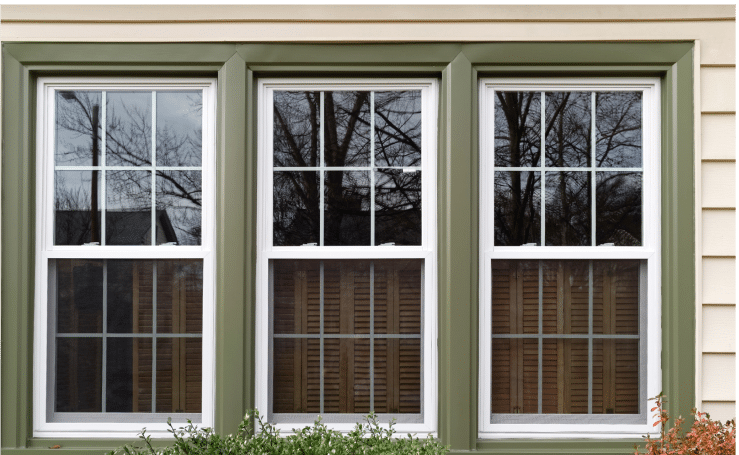
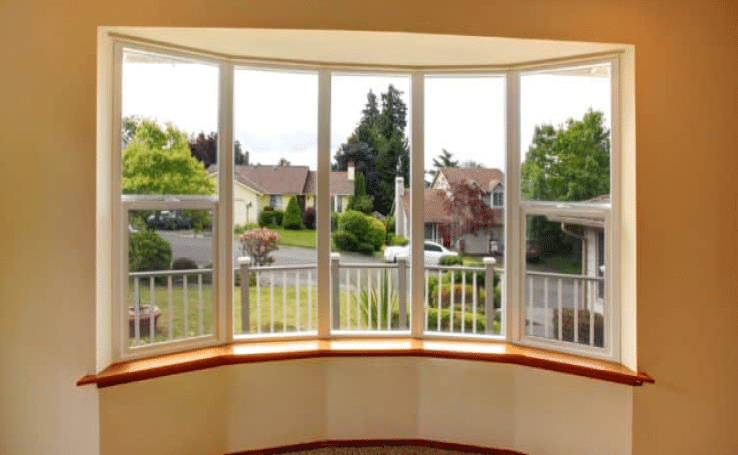
What U-Value Should I Look For In An Energy-Efficient Window?
For optimal energy efficiency, you will want to look for a window with a U-value between 0.20 and 1.20.
You will also want to consider the size and shape of the window, the material of the frame, and the number of glass panes that make up the window. All of these factors will contribute to the insulation and energy efficiency. A window with more insulation will be better able to regulate the temperature inside your house.
Adding a glass coating such as Low-E coatings and gas fills in between the panes of glass will improve the energy efficiency even more by preventing additional heat transfer. Being aware of these metrics when shopping for replacement windows will help you choose a product that cuts down on energy consumption, reduces heat gain, and regulates the temperature for a more comfortable home.
Are Energy-Efficient Replacement Windows Worth the Cost?
Replacing the windows in your home can be an expensive endeavor. However, if your windows are old or damaged and you have high energy bills, then replacing your windows can be a game-changer.
High-performing, energy-efficient windows vary in pricing depending on features and the materials used in the manufacturing. When you invest in windows from Zen Windows, you have a product that will last for decades, requires minimal maintenance, and cuts energy costs. It’s worth investing in a quality product that will keep your home comfortable and provide energy-saving benefits.
Call (303) 658-9990 or find the Zen Windows professionals near you. No pressure … Just the best energy-efficient replacement windows your home will ever have.
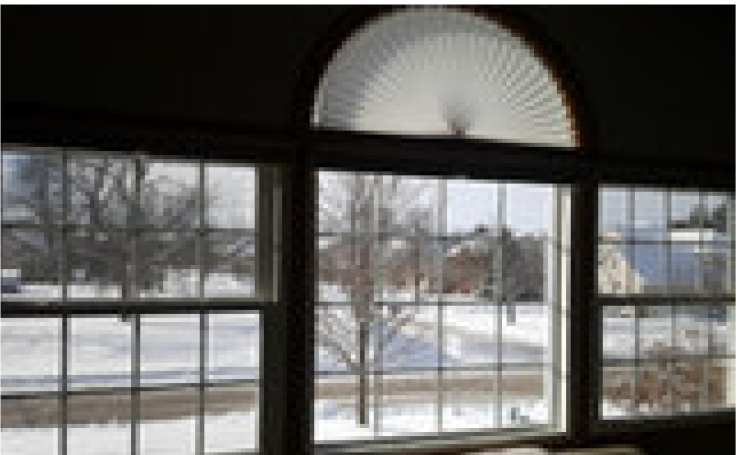
Choose Our Energy-Efficient Replacement Windows
With Zen Windows, you get peace of mind because every window we install is energy-efficient. We won’t sell inferior windows for one simple reason: They will cost our customers more in the long run because of higher energy bills.
Even our most modestly priced windows have a sophisticated, double-insulating solar low-E glass system. This solar low-E system incorporates double-strength glass, a high-performance low-E coating, a stainless steel Intercept™ spacer system, and argon gas. This superior blend of technologies is our most basic option — you can upgrade from there.
Choose From Our Energy-Efficient Glass Options
With Zen Windows, you get peace of mind because every window we install is energy-efficient. We won’t sell inferior windows for one simple reason: They will cost our customers more in the long run because of higher energy bills.
Even our most modestly priced windows have a sophisticated, double-insulating solar low-E glass system. This solar low-E system incorporates double-strength glass, a high-performance low-E coating, a stainless steel Intercept™ spacer system, and argon gas. This superior blend of technologies is our most basic option — you can upgrade from there.

Change how you see the world from your home when you work with Zen Windows. We revolutionized the way homeowners purchase windows, and have the reputation to prove how successful we’ve been in improving the process.
